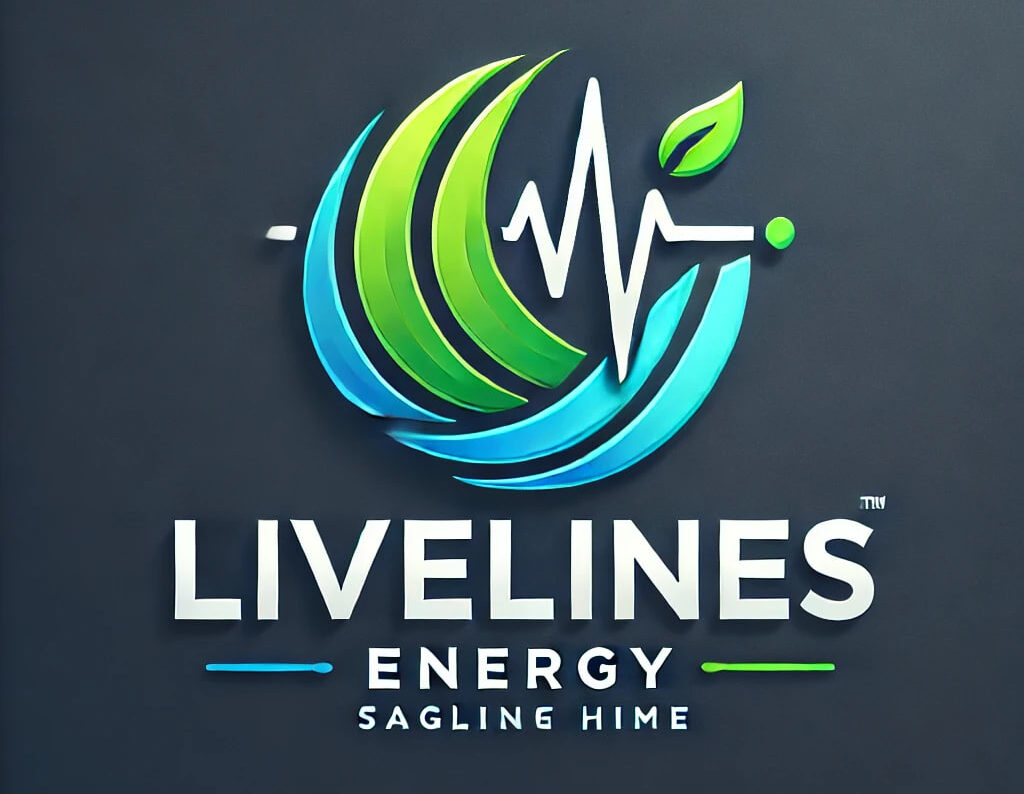These delusions are a form of psychosis, and they typically involve a conviction that something is happening (or did happen or will happen) that is false. Often these delusions are paranoid – perhaps a patient might feel sure they are being followed, for instance. Delusional disorder does not necessarily negatively impact a person’s ability to function normally, but it certainly has the possibility to do so.
There are several different subtypes of delusional disorder.
These subtypes include:
- Erotomanic: delusions that consist of a conviction that another person is in love or involved with the sufferer; oftentimes these romantic delusions involve celebrities or other people from a relatively high or distant standing
- Grandiose: delusions that involve the belief that the sufferer has unique talents or abilities or even a unique relationship with certain powerful people, like the president
- Jealous: delusions that involve an unfounded insistence that a spouse or partner is being unfaithful
- Persecutory: delusions that involve the conviction that the sufferer is being hunted or threatened in some way
- Somatic: delusions that make a sufferer certain that he or she has some kind of physical illness or defect
- Mixed: a person who is of the mixed subtype experiences two or more of the above subtypes
Who Is Affected by Delusional Disorder and Alcohol Abuse?
Delusional disorder is not commonly seen in the psychiatric field. About 24 to 30 cases per 100,000 people will result in a diagnosis of delusional disorder. Alcohol abuse, however, is highly prevalent in the US, with an estimated 17 million people suffering from alcohol abuse.
Alcoholism and alcohol abuse can affect virtually anyone. Alcohol abuse is seen in people of all ages and regardless of gender, ethnicity, class, social standing, creed, family history, background, or any other categorical distinction. Young adults are particularly susceptible to alcohol abuse.
Delusional disorder can affect both men and women from all different types of backgrounds. People who suffer from delusional disorder can successfully lead functional lives, which often masks their disorder.
Unlike psychotic delusions, the delusions experienced by a person with delusional disorder are not a symptom of another disorder, like schizophrenia, that might be debilitating.
The Relationship Between Alcohol Abuse and Delusional Disorder
It’s important to understand that there is a relationship between alcohol abuse and delusional disorder. Becoming familiar with the nuances of this reality can help you to seek appropriate help for yourself or anyone else who might be suffering from both delusional disorder as well as alcohol abuse.
There are two main reasons why these conditions coexist at times. People with delusional disorder might turn to alcohol as a way to self-medicate. A person with this disorder might find that their delusions are much more easily navigated and processed with the help of a substance like alcohol. The use of alcohol might quell their delusions entirely or mask them.
Using alcohol regularly might also make a person with delusional disorder feel as though they are not as accountable for their behavior. However, people with delusional disorder often lack self-awareness about the condition, so most attempts at self-medication occur subconsciously.
Another reason why these two conditions might exist alongside one another is because alcohol abuse can bring on delusions that might fit the bill for delusional disorder. This is called alcohol-related psychosis, and it must be ruled out as a potential diagnosis for a patient suffering from both alcohol abuse and delusions before the diagnosis for delusional disorder can be made.
What Causes These Conditions?
Delusional disorder, like all other psychiatric conditions, is thought to be the product of many different causal factors. These factors might be genetic, environmental or biological. Delusional disorder is more commonly seen in people who have family members who suffer from delusions, whether those delusions are due to delusional disorder or schizophrenia.
An imbalance of neurotransmitters in the brain has been associated with the development of the disorder. Stress, alcohol, drugs and isolation also might each contribute to the development of delusional disorder. At this time, there is no known method for preventing delusional disorder.
The cause of alcohol abuse is complex, much like the cause of delusional disorder. Alcohol abuse might be the product of peer pressure and social norms, alcohol availability, self-medication for a psychiatric condition, or an inability to otherwise cope with life stresses.
People whose family members have a history of alcohol abuse are more likely to engage in alcohol abuse themselves. It is difficult to prevent alcohol abuse, but education and legislation surrounding alcohol abuse can help to make American communities and citizens safer and better informed.
Dual Diagnosis Treatment
When delusional disorder coexists with alcohol abuse, it’s important to address both issues simultaneously. Delusional disorder can be particularly difficult to treat because patients typically lack the self-awareness and insight needed in order to understand that they are suffering from a treatable disorder. Psychotherapy is the leading method for treating delusional disorder.
Alcohol addiction can be very serious, and some patients might even experience life-threatening physical withdrawal from alcohol if recovery is not professionally supervised by consulting physicians.
Medications are sometimes used in the treatment of alcohol abuse alongside psychotherapy. Holistic treatment methods can also be utilized in the treatment of alcoholism. Some of these alternative methods might include yoga, aromatherapy, acupuncture, meditation, lifestyle changes that might include a drastic change in nutrition and diet, emotional support through an adopted pet, involvement in the community, which might include volunteer work, and other activities.
Generally speaking, physical activity has been shown to be helpful for those recovering from alcohol abuse so long as the activity has been approved by a medical professional overseeing the recovery process.
If you’d like more information on how dual diagnosis treatment can help you or your loved one find lasting recovery from delusional disorder and alcohol abuse issues, contact us today at 844-496-9429. We are here to help.

